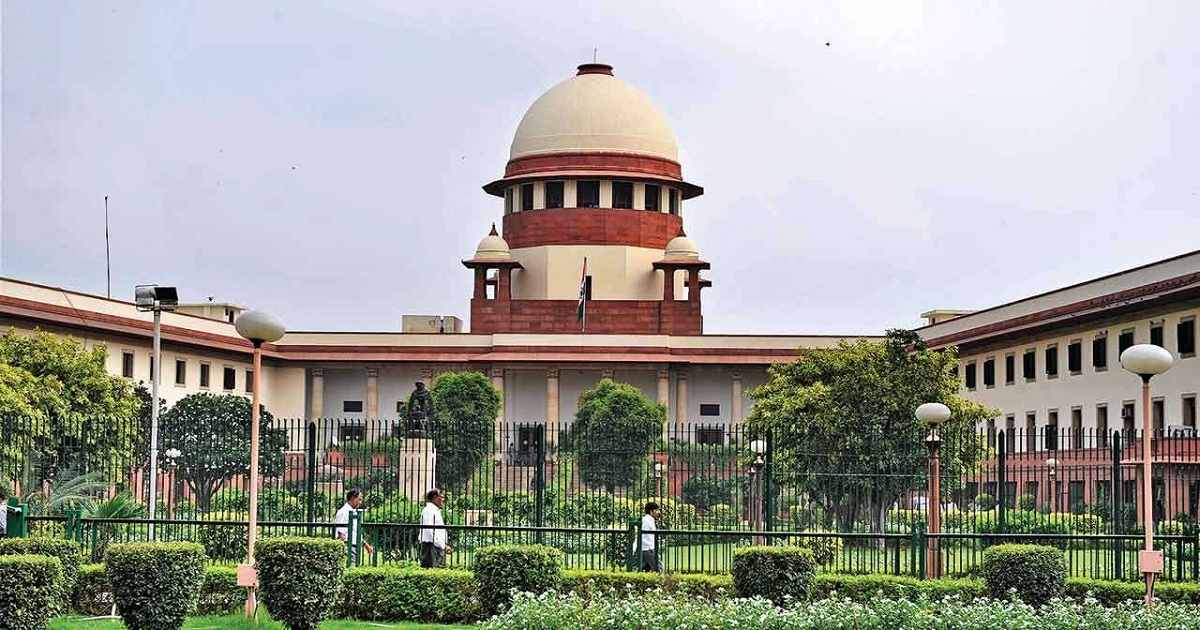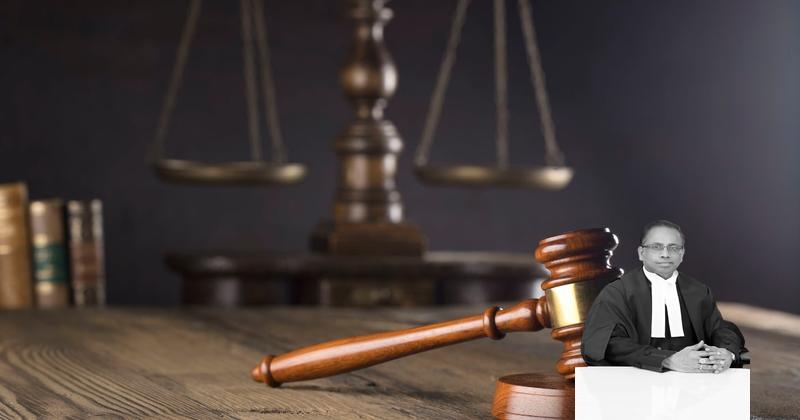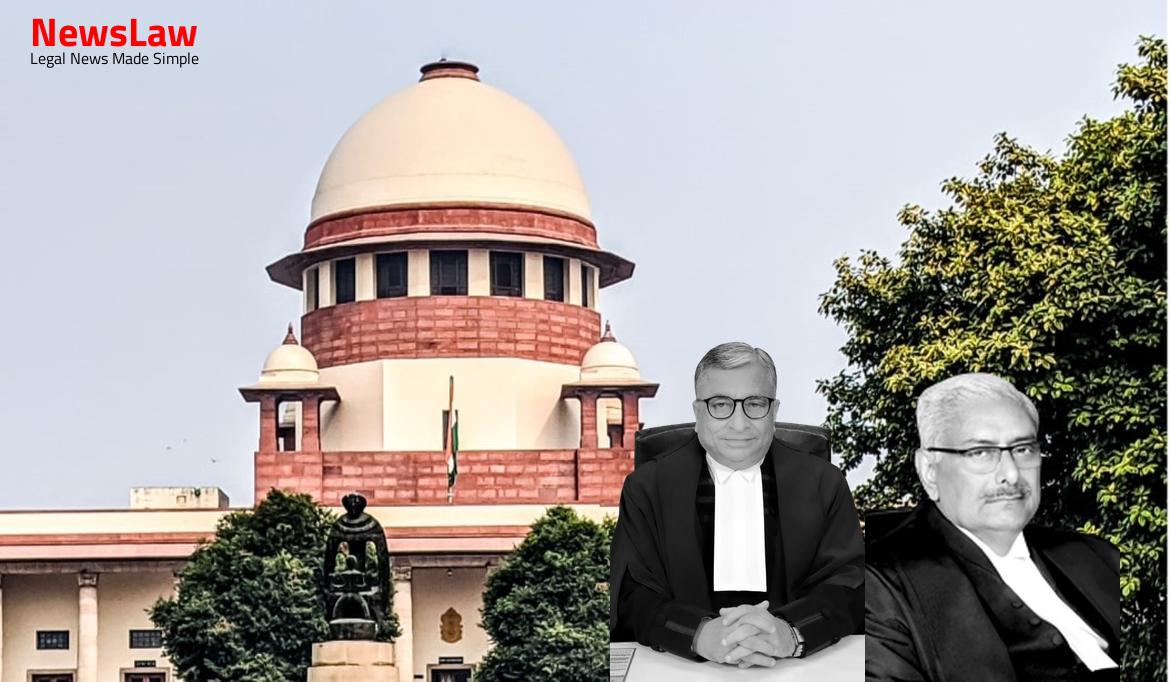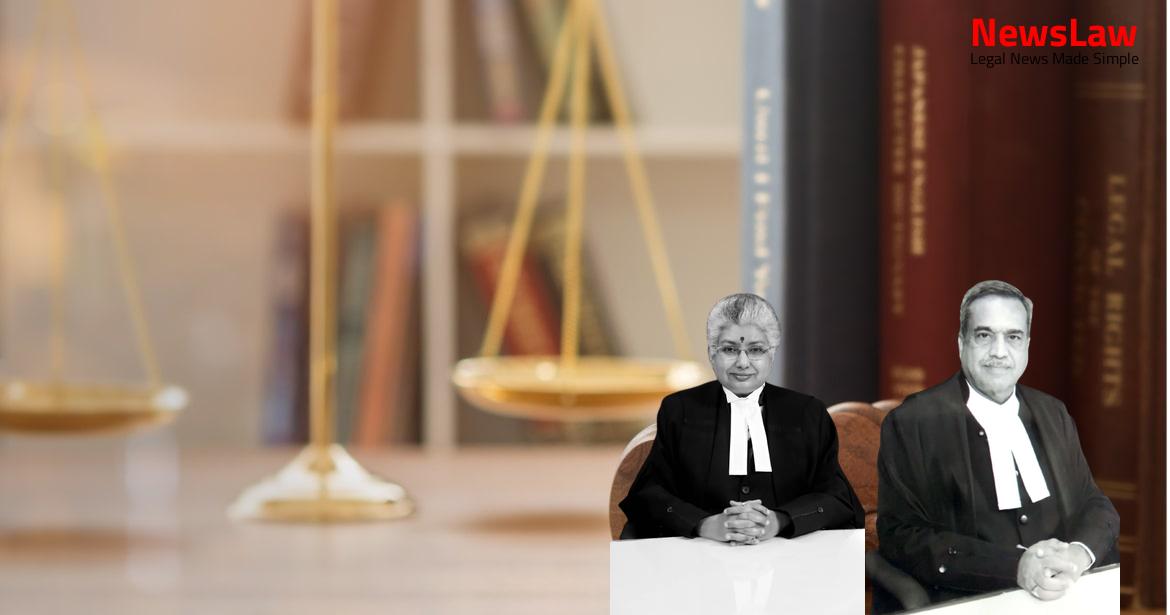In the case of Kirpal Singh vs. State of Punjab and Haryana, the Supreme Court of India has overturned the earlier judgments and acquitted Kirpal Singh of all charges. The case involved allegations against Kirpal Singh in relation to the unfortunate incident that led to the demise of the deceased. After a thorough reevaluation of the evidence and testimonies, the Supreme Court reached a verdict in favor of Kirpal Singh, granting him acquittal from the charges presented by the State of Punjab and Haryana.
Facts
- Sharan Kaur (PW-5) heard a knock on the door of the room she was sleeping in at 2:30 a.m.
- The assailants fled by opening the main gate between two shops.
- She found her severely injured husband lying on a cot with blood oozing out of his mouth and head.
- Autopsy revealed injuries on the deceased including lacerated wounds and contusions.
- The first informant raised an alarm and her sons woke up but could not identify the other assailant.
- Charges were framed against the accused for offenses under Sections 302, 307 of the IPC.
- The accused pleaded not guilty and claimed trial.
- Medical examination of the first informant revealed an incised wound on her abdomen.
- Incriminating circumstances were put to the accused during their statements under Section 313 of CrPC.
- A ladder and a bloodstained spade were seized from the crime scene.
- Allegations of false implication by the first informant led to multiple investigations and closure reports.
- The first informant filed petitions seeking transfer of investigation to external agencies.
- The accused was arrested and charged for offenses under Section 302 and Section 307 of the IPC.
- Post mortem examination revealed fractures in the deceased’s frontal bone and brain tissue injuries.
- The first informant accused the Investigating Officer of conducting a biased investigation.
- The wound on the first informant’s abdomen was not probed for depth initially.
- The accused was convicted and sentenced to life imprisonment under Section 302 and five years under Section 307 of the IPC.
- Accused appellant-Kirpal Singh was convicted and sentenced based on the evidence presented in the trial court.
- Co-accused Kulwinder Singh was acquitted of the charges in the same judgment.
- Arguments from the Additional Public Prosecutor and defense counsel were considered during the trial.
- Accused appellant-Kirpal Singh appealed the conviction and sentence with Criminal Appeal No.662-DB of 2003.
- The State filed Criminal Appeal No.535-DBA of 2004, and the complainant filed Criminal Revision No.2259-DB of 2003 against the acquittal of Kulwinder Singh in the High Court of Punjab and Haryana.
Also Read: Analyzing the Supreme Court Judgment: Dharambir @ Dharma vs. State of Haryana
Arguments
- The accused appellant, Kirpal Singh, was closely related to the deceased but this fact was concealed in the FIR and witness testimonies.
- Another son of the deceased and first informant, Gurmit Singh, was not examined by the prosecution, leading to adverse inference against them.
- The High Court of Punjab and Haryana dismissed appeals from both the State and the accused appellant in a common judgment, which is being challenged in this appeal.
- The counsel for the accused appellant argued that the findings in the judgment are perverse and self-contradictory, warranting them to be set aside.
- The conduct of the first informant and her family in bringing back the deceased’s body after being declared dead by a doctor raises doubts about their credibility.
- Four servants who were sleeping with the deceased were not examined as witnesses in the case.
- The counsel for the State argued that the evidence provided by the first informant and the deceased’s son is unreliable and contradictory, urging for the acquittal of the accused appellant.
- The principle ‘falsus in uno, falsus in omnibus’ does not apply to Indian criminal jurisprudence.
- The acquittal of one accused does not automatically invalidate the prosecution case against the appellant.
- The trial Court and the High Court have independently assessed the evidence and found the appellant guilty of the charges.
- Minor contradictions in prosecution witnesses’ testimonies support their credibility rather than casting doubt on their truthfulness.
Also Read: Ramraj Singh v. State of Madhya Pradesh
Analysis
- The motive for the incident was jealousy on account of the flourishing halwai business of Sharan Kaur’s husband.
- The name of the second accused, Kulwinder Singh, was not mentioned by the first informant in the FIR or application to the Chief Minister.
- Contradictions in testimonies of witnesses cast doubt on the prosecution’s case.
- Witnesses’ credibility questioned due to inconsistencies.
- Motive for the crime deemed weak and far-fetched; lack of corroborative evidence.
- Accused’s plan to murder Balwinder Singh questioned due to inconsistencies in testimonies.
- Discrepancies in medical records and testimonies of witnesses further add doubt to the prosecution’s case.
- Allegations of tainted investigation by the first informant raise doubts about credibility.
- Witnesses PW-5 and PW-6 deemed wholly unreliable in their testimonies.
- Judgment concludes that prosecution witnesses fall under the second category of wholly unreliable testimony.
- The first informant, Sharan Kaur, is deemed unreliable as she attempted to implicate Kulwinder Singh in various petitions and testimony during the trial.
- The FIR did not mention Kulwinder Singh as a co-assailant.
- No weapon of crime was recovered, weakening the prosecution’s case.
- Lajpal Singh, a defence witness, testified that in his investigation, the accused appeared innocent.
- The testimony of Sharan Kaur and Daljit Singh was deemed wholly unreliable without corroborative evidence.
- As a result, the appellant is acquitted due to the benefit of the doubt.
Also Read: Victory for Sandeep Kumar: Supreme Court Reinstates Him as Registrar
Decision
- The trial Court and High Court judgments dated 26 July, 2003 and 28 February, 2008, are quashed and set aside.
- The appellant is acquitted of the charges.
- The sentence awarded to the appellant was suspended by the Court on 12 August, 2011, during the appeal process, and the appellant is currently on bail.
- Any pending applications are disposed of.
- The appeal is allowed, the appellant need not surrender, and the bail bonds are discharged.
Case Title: KIRPAL SINGH Vs. THE STATE OF PUNJAB (2024 INSC 312)
Case Number: Crl.A. No.-001052-001052 / 2009



